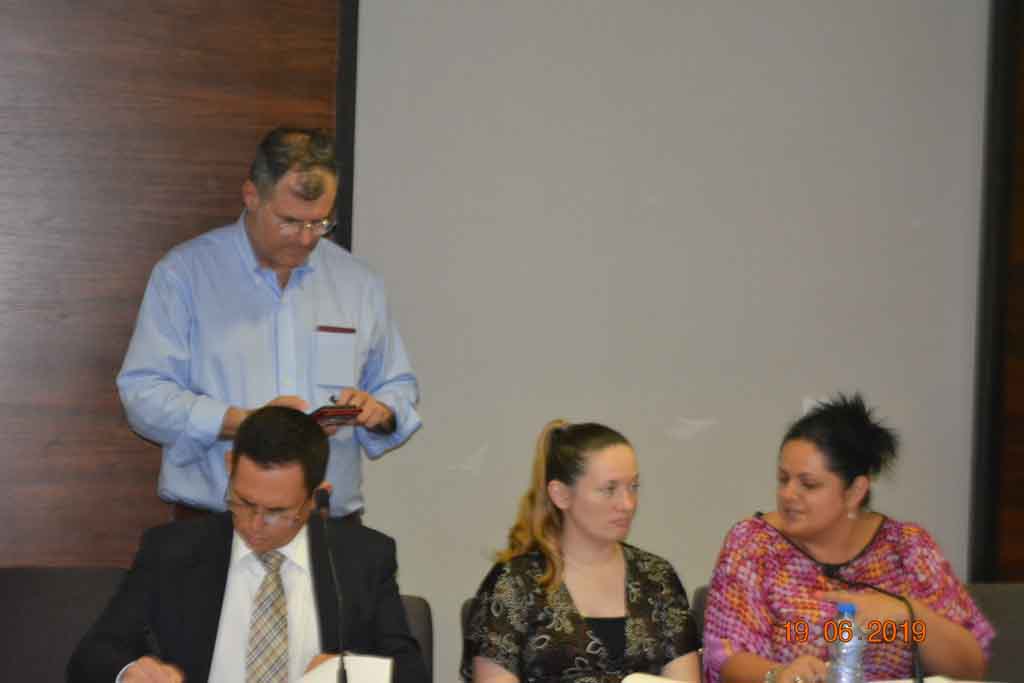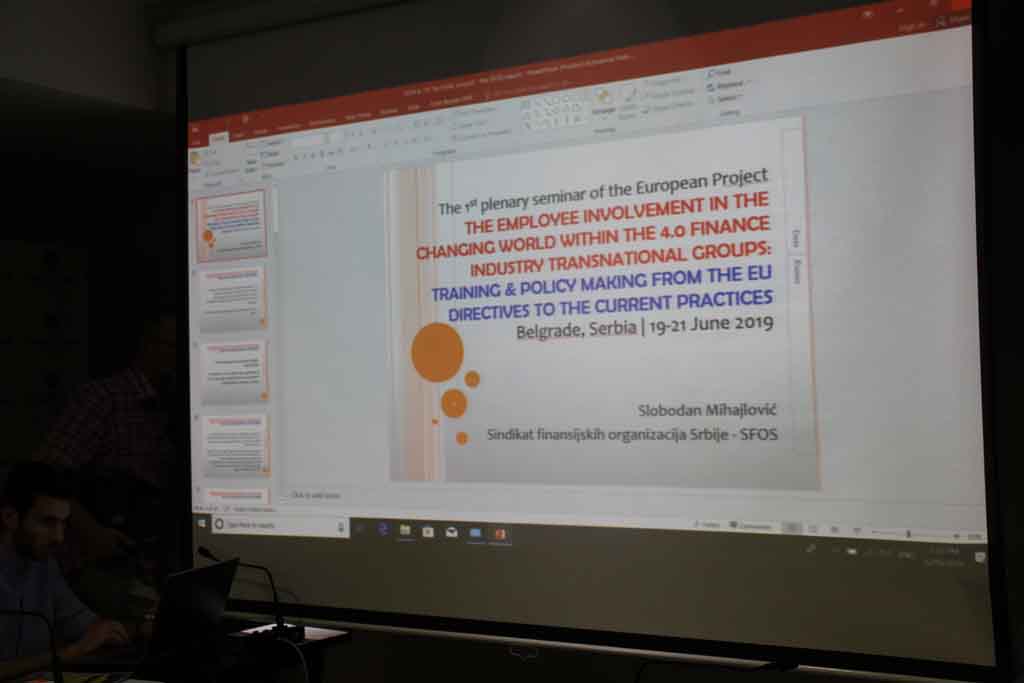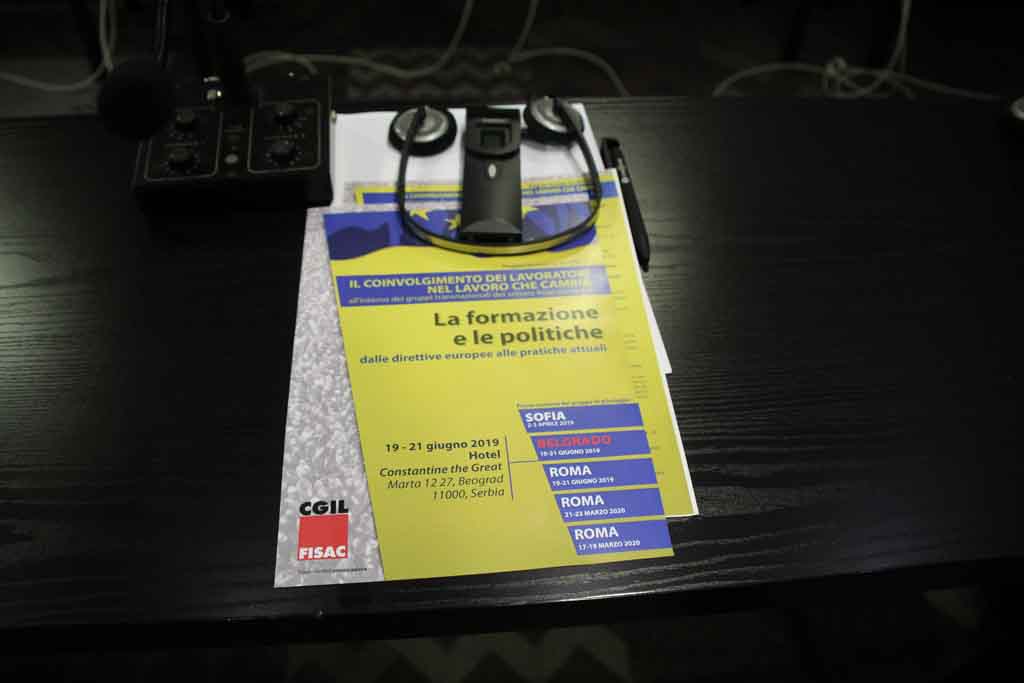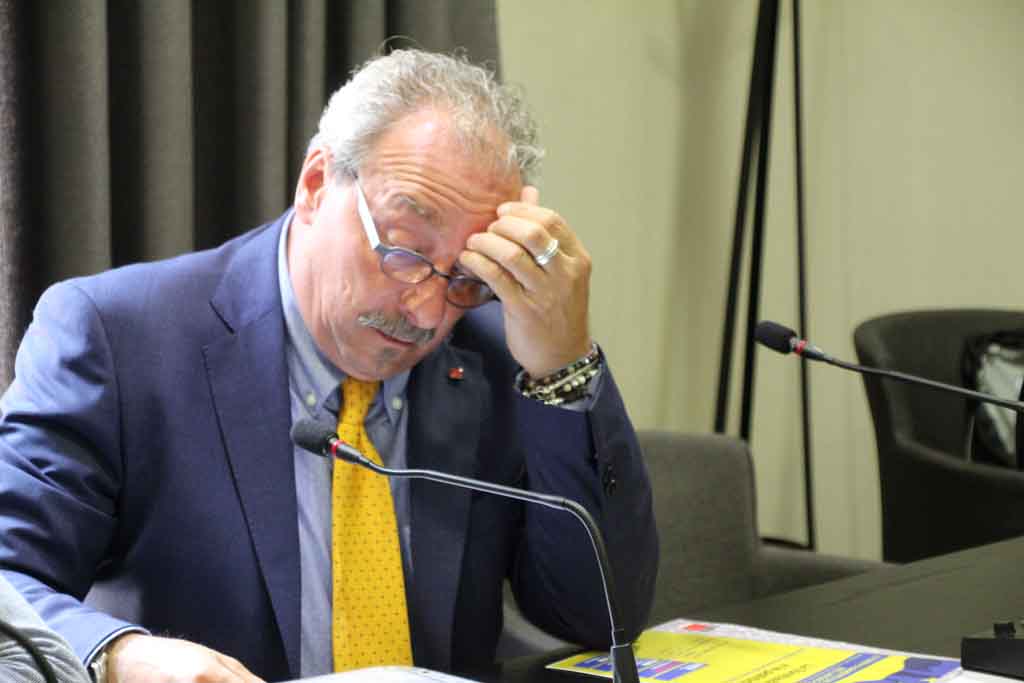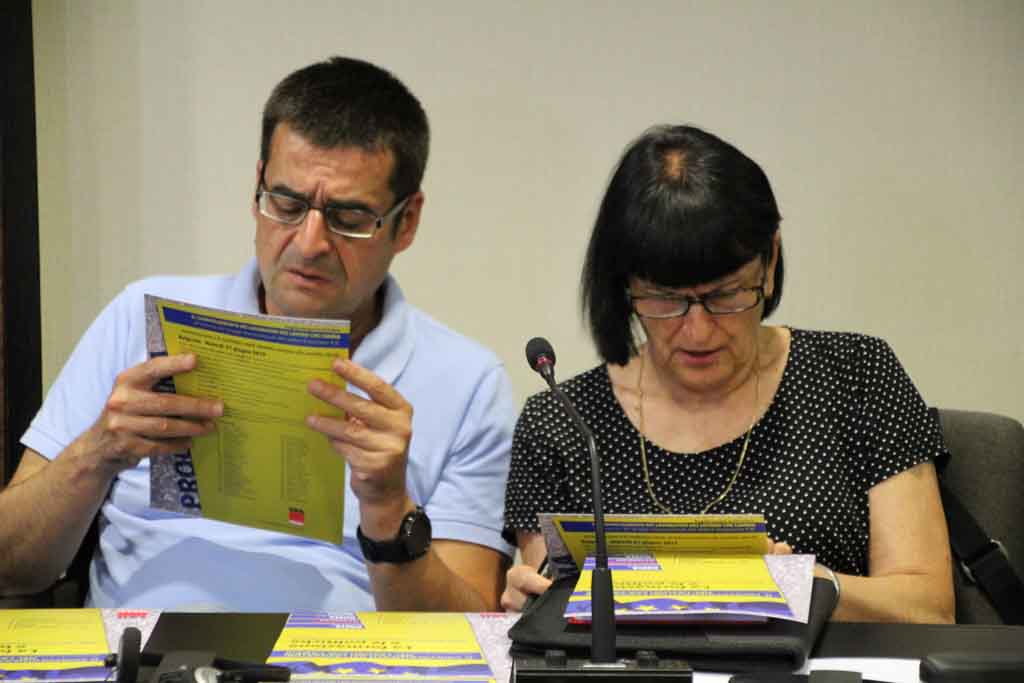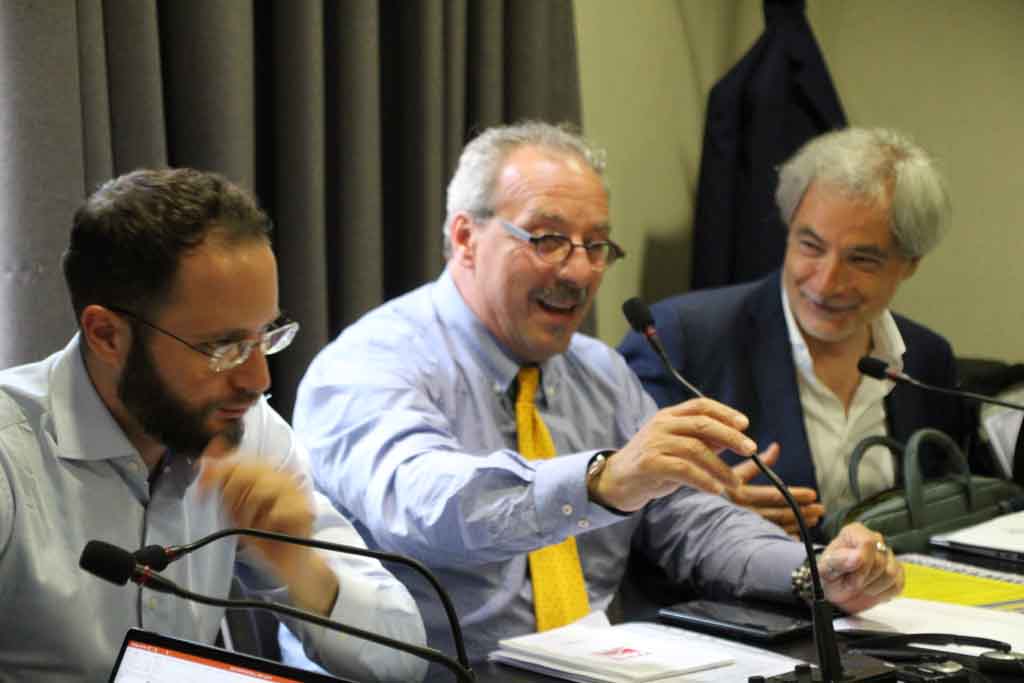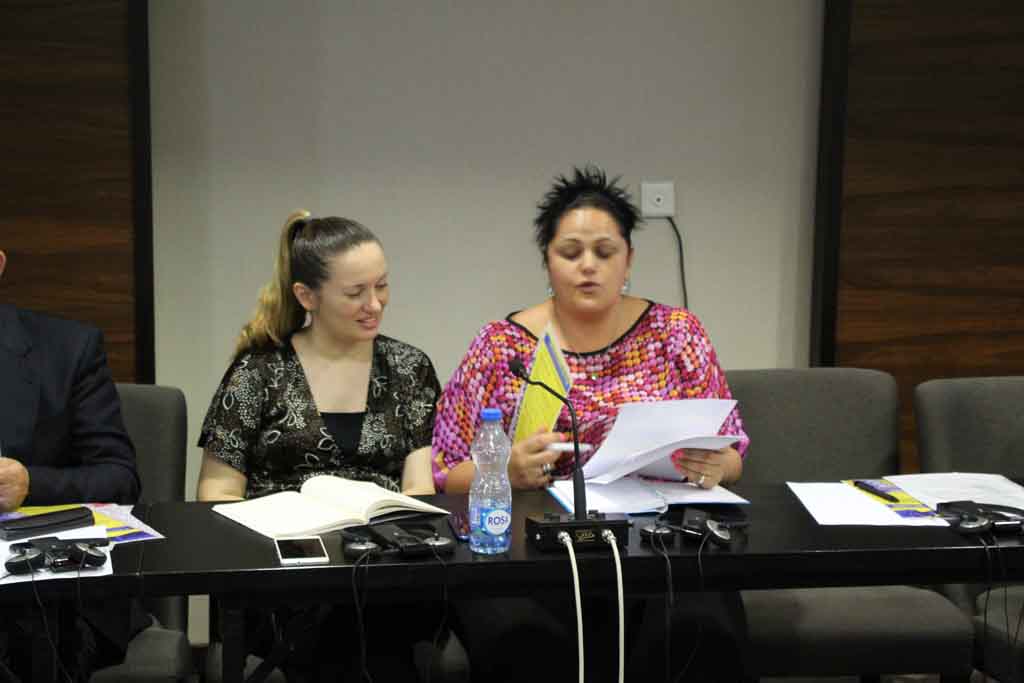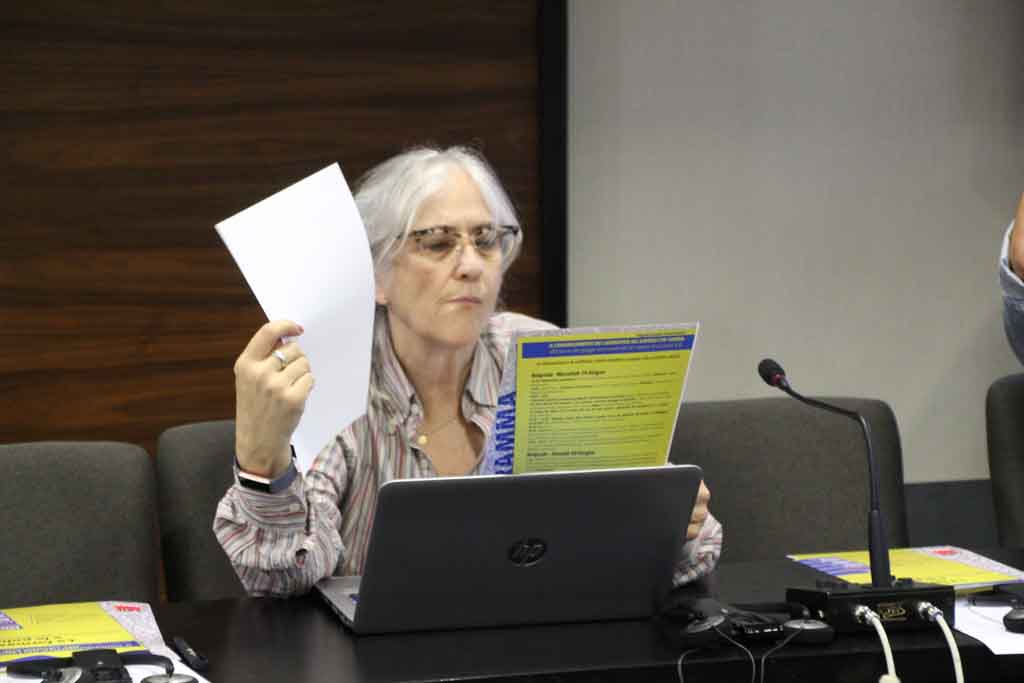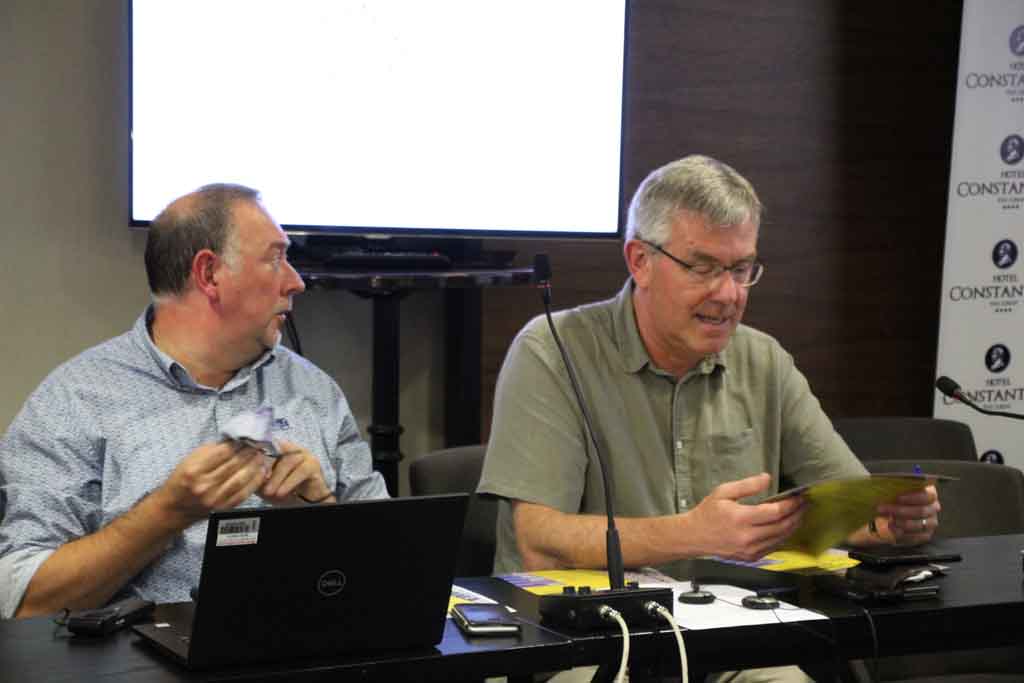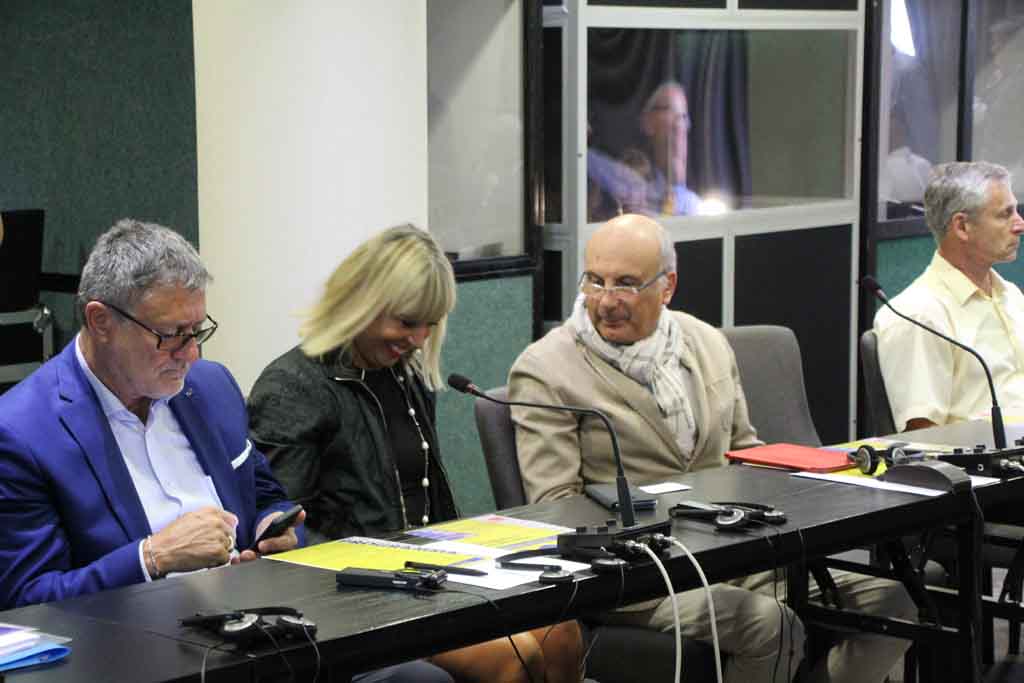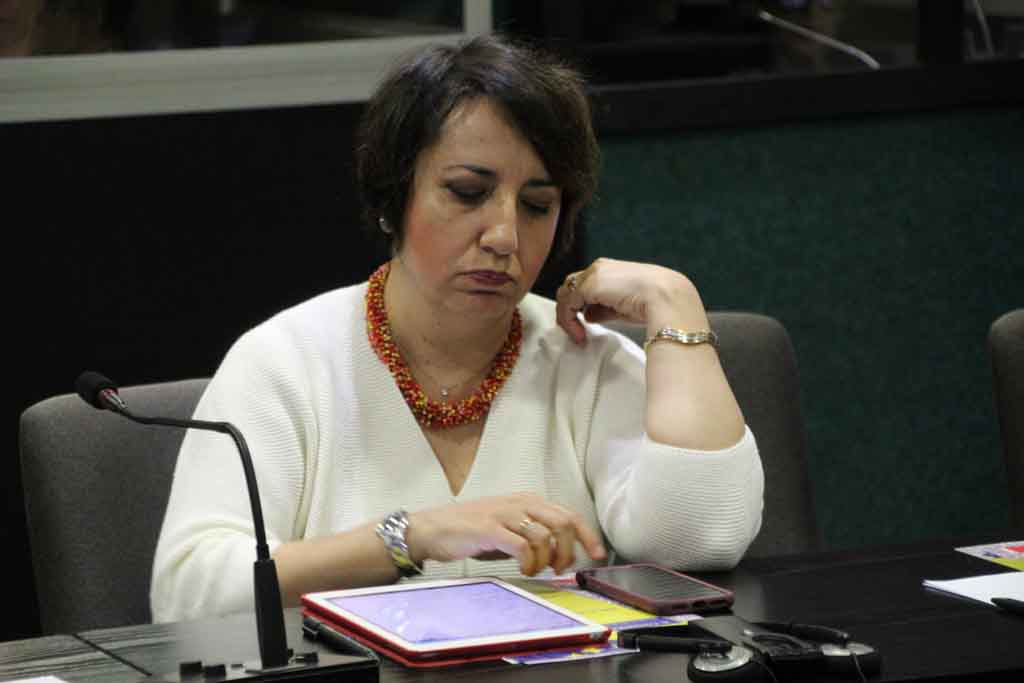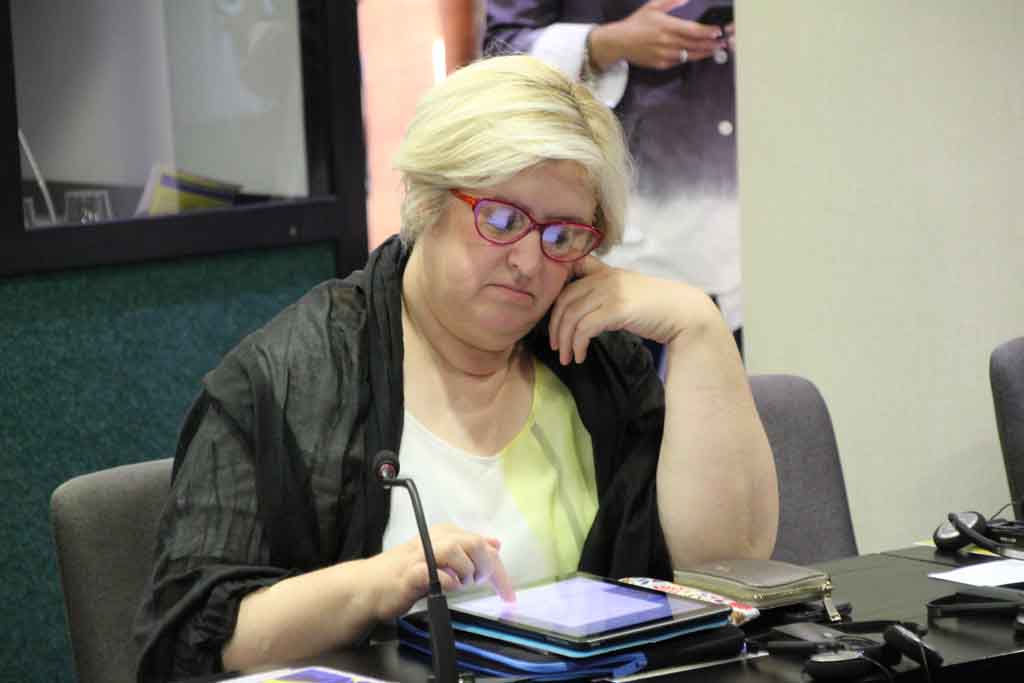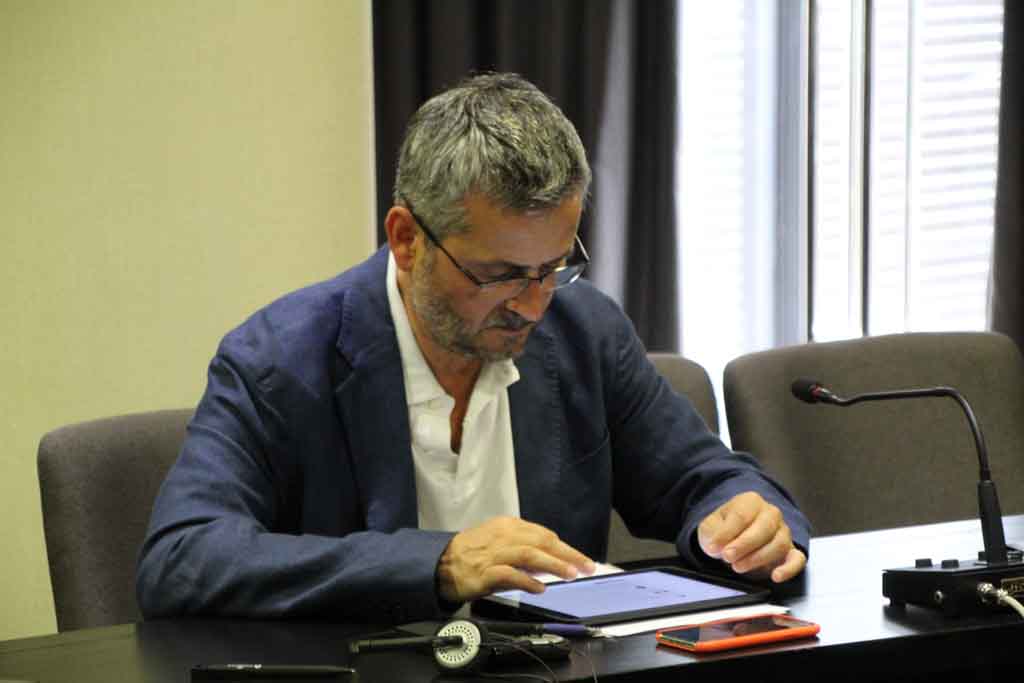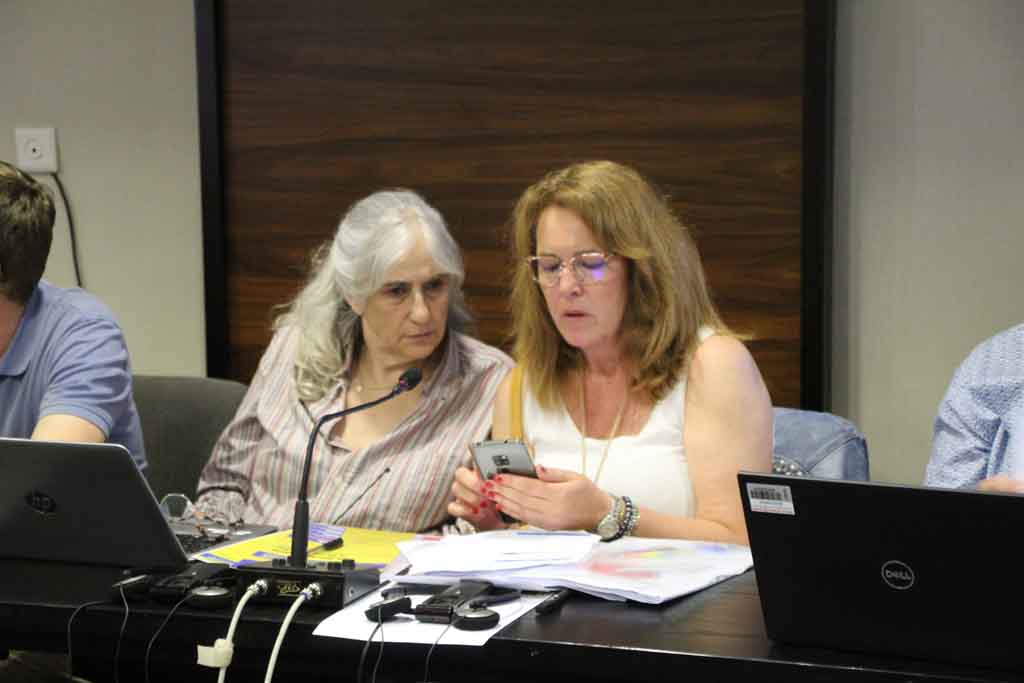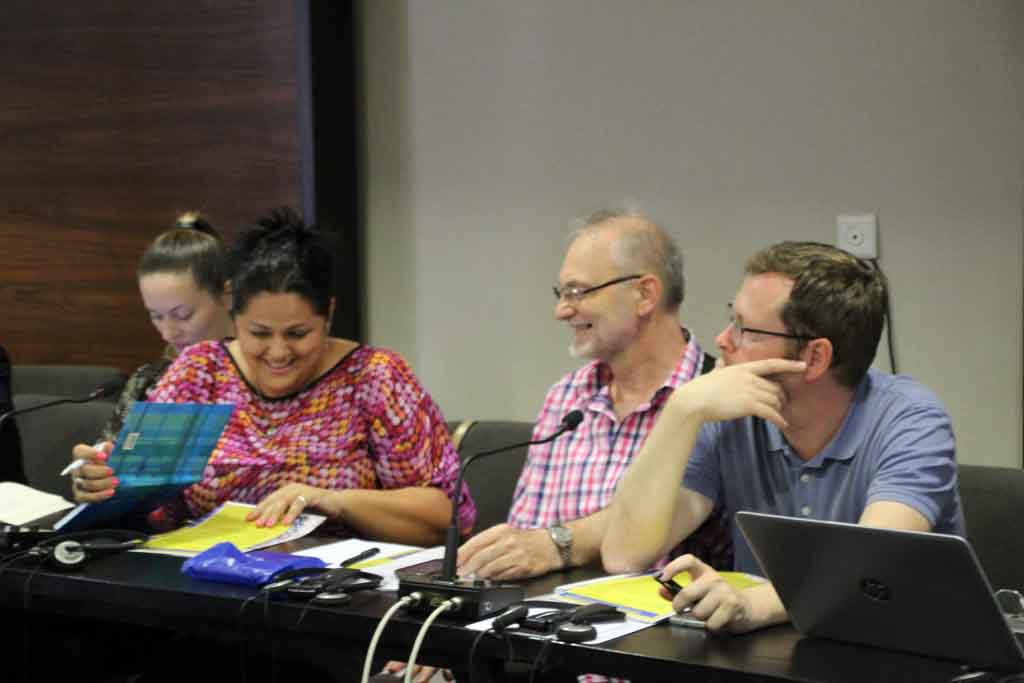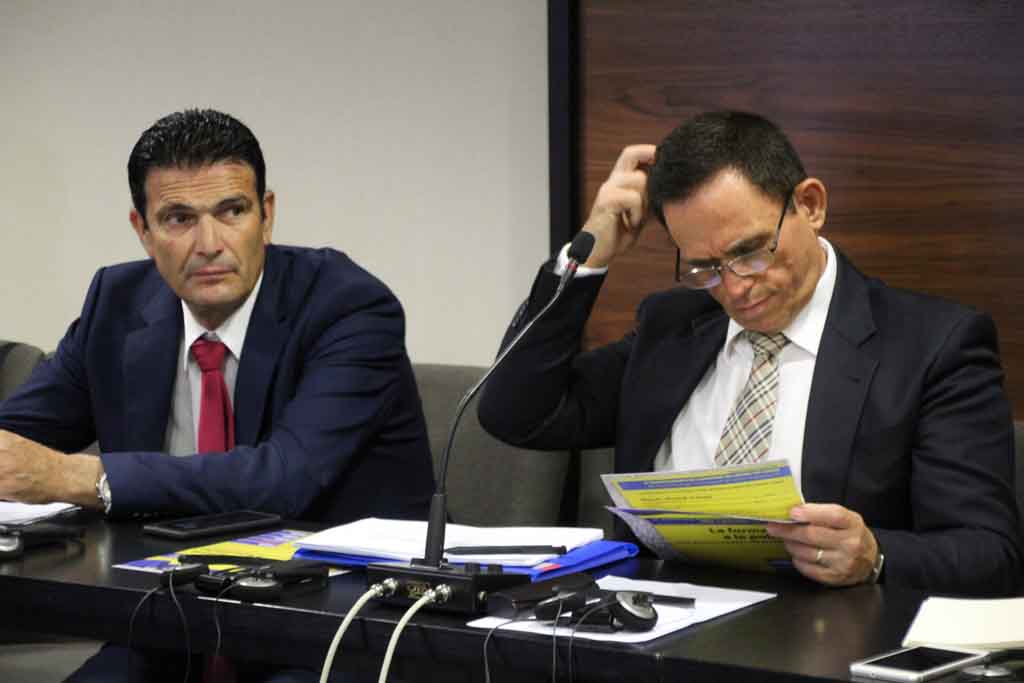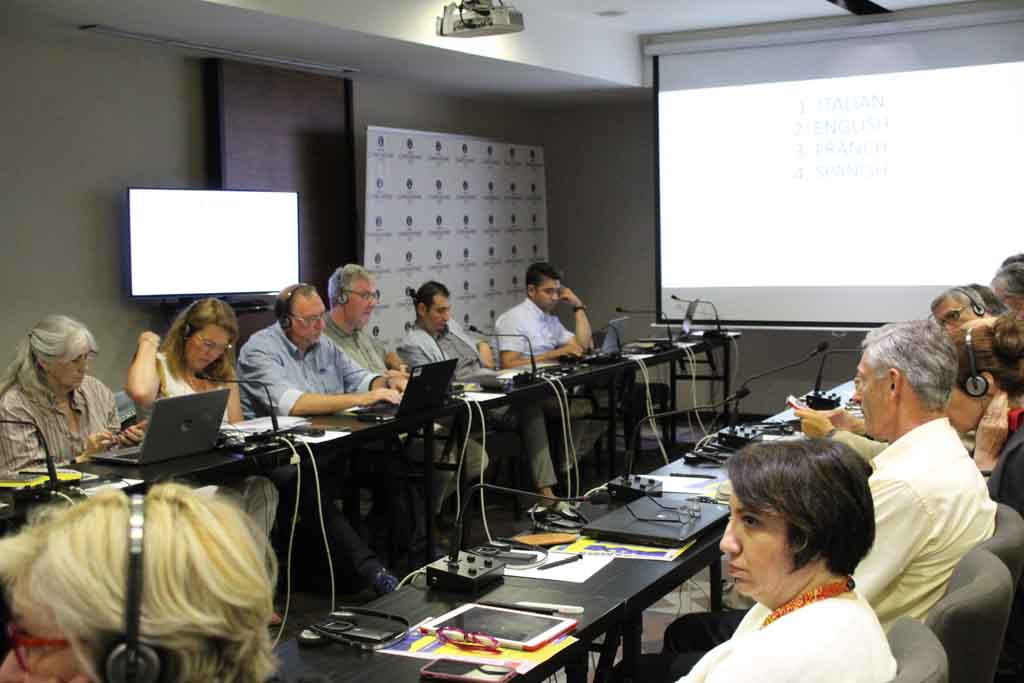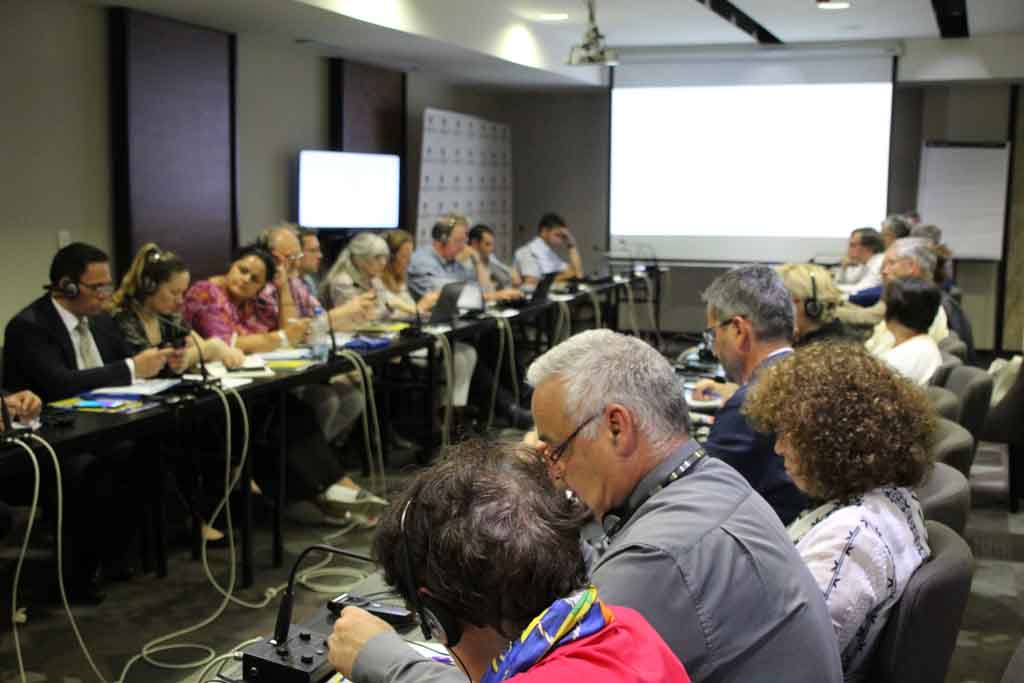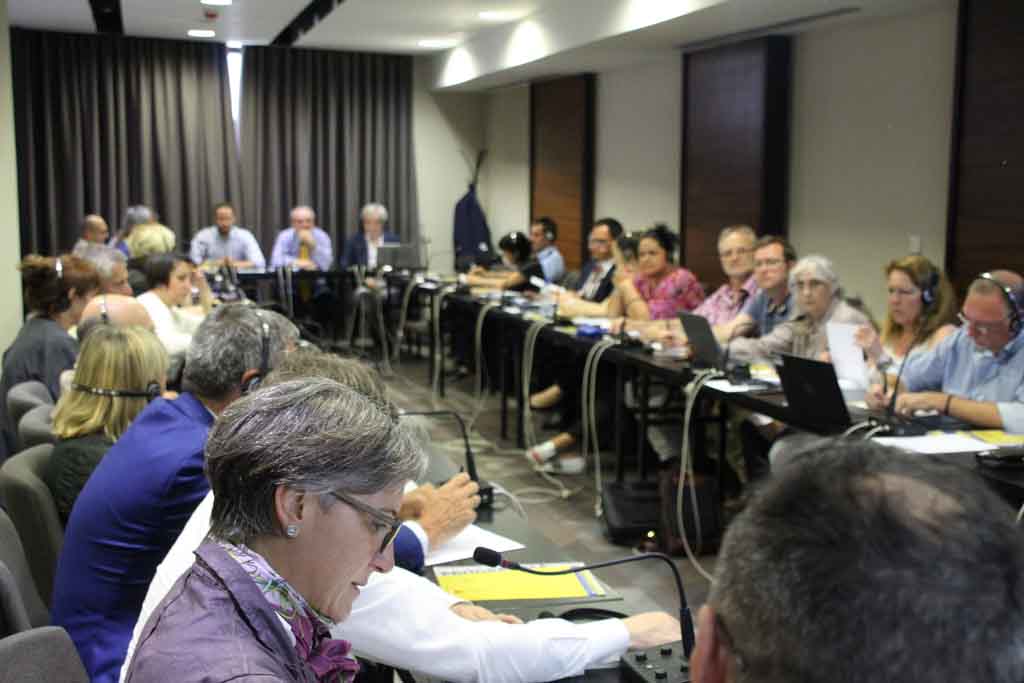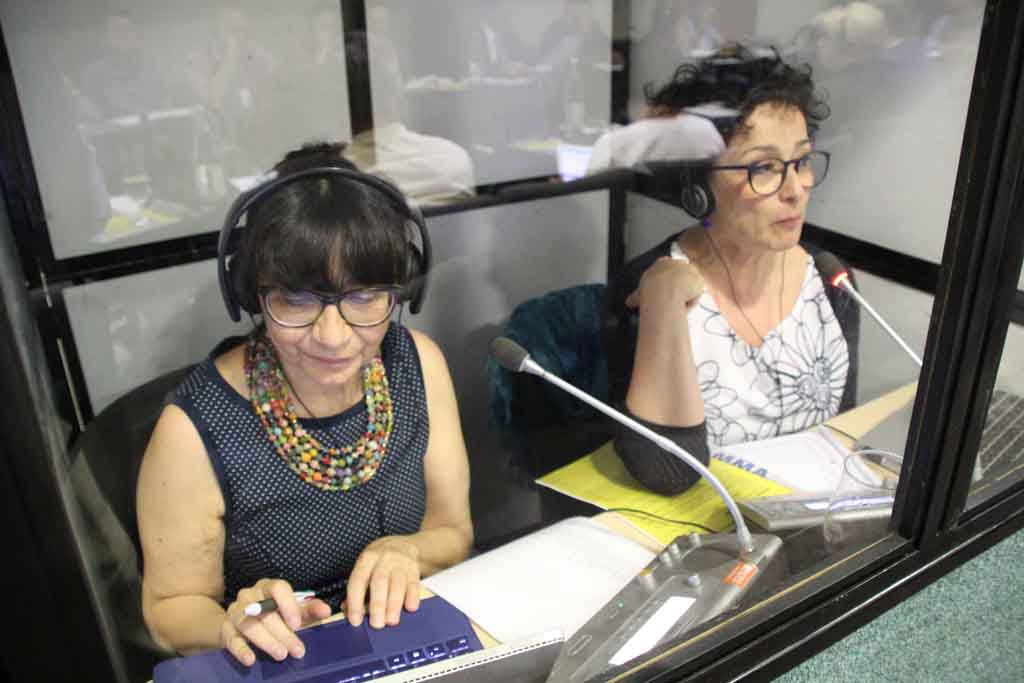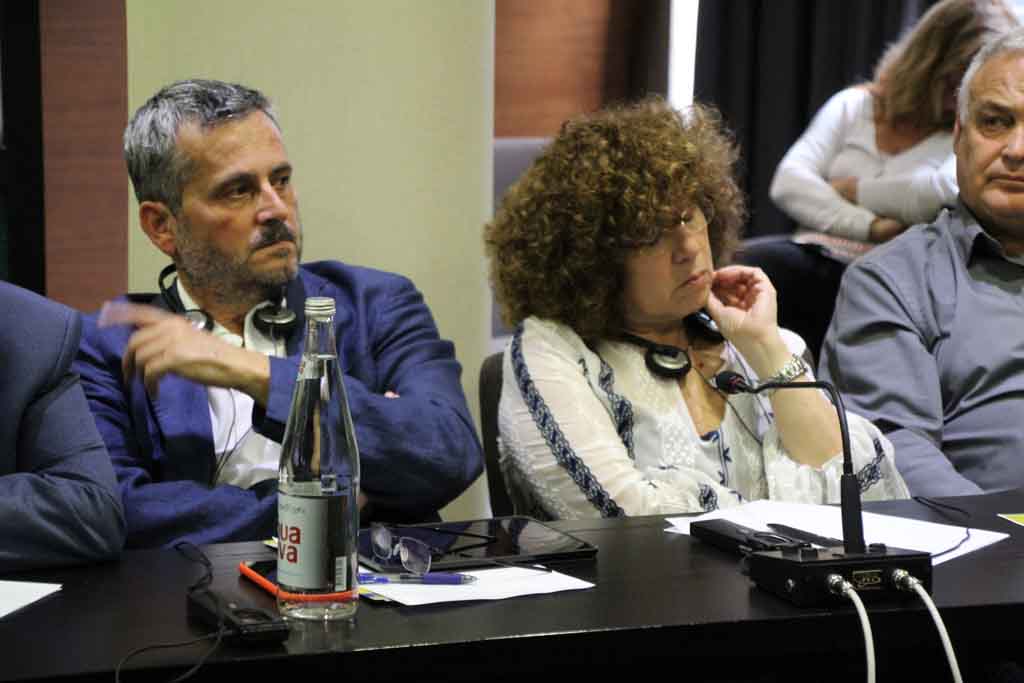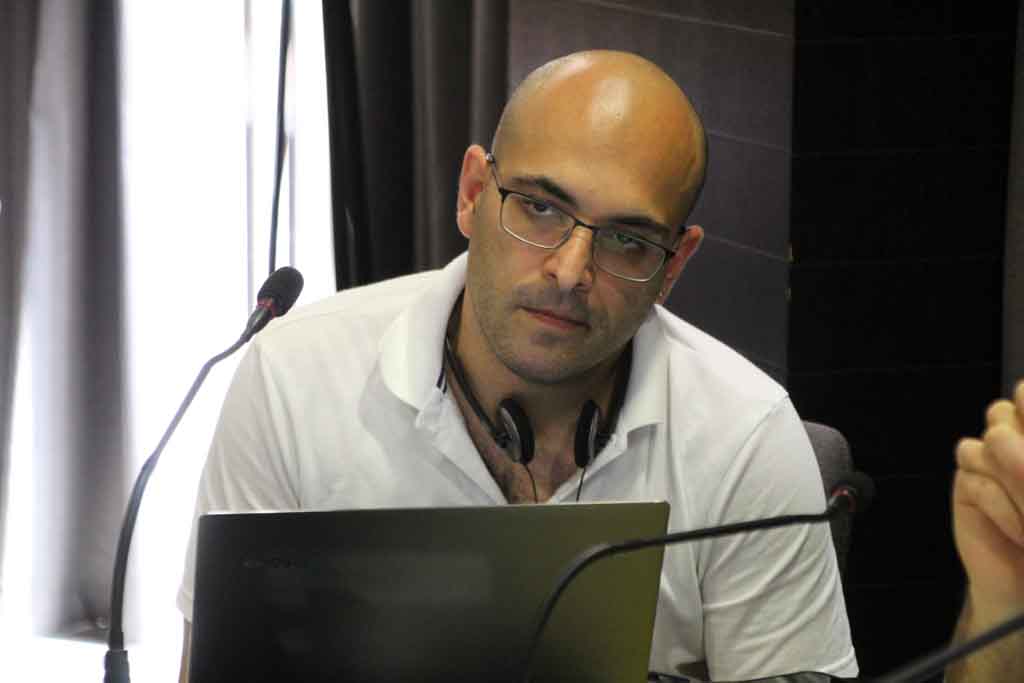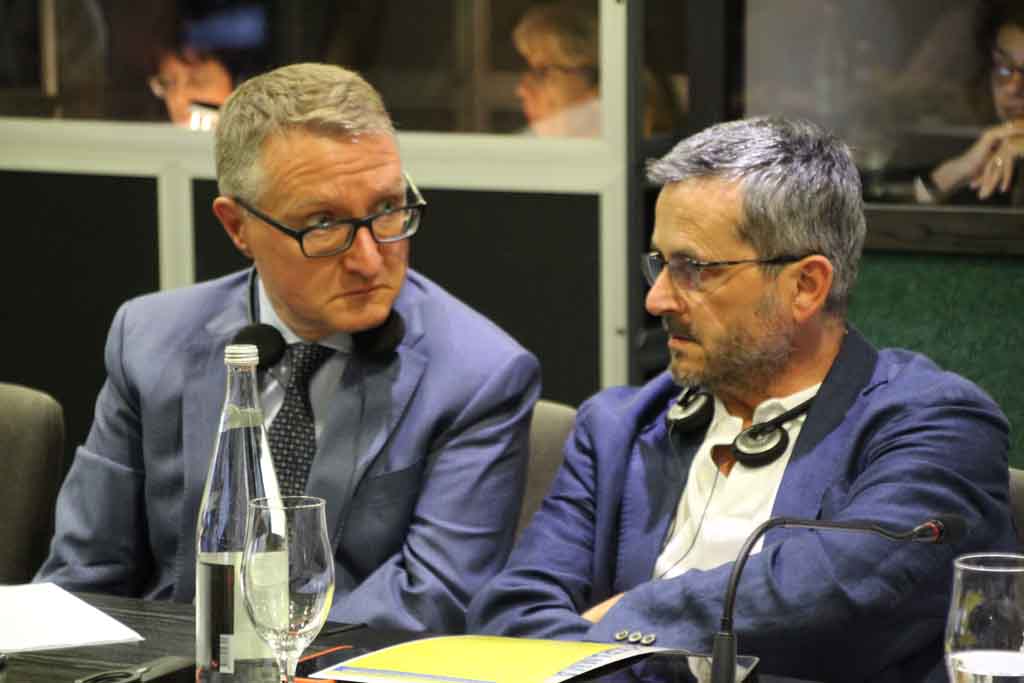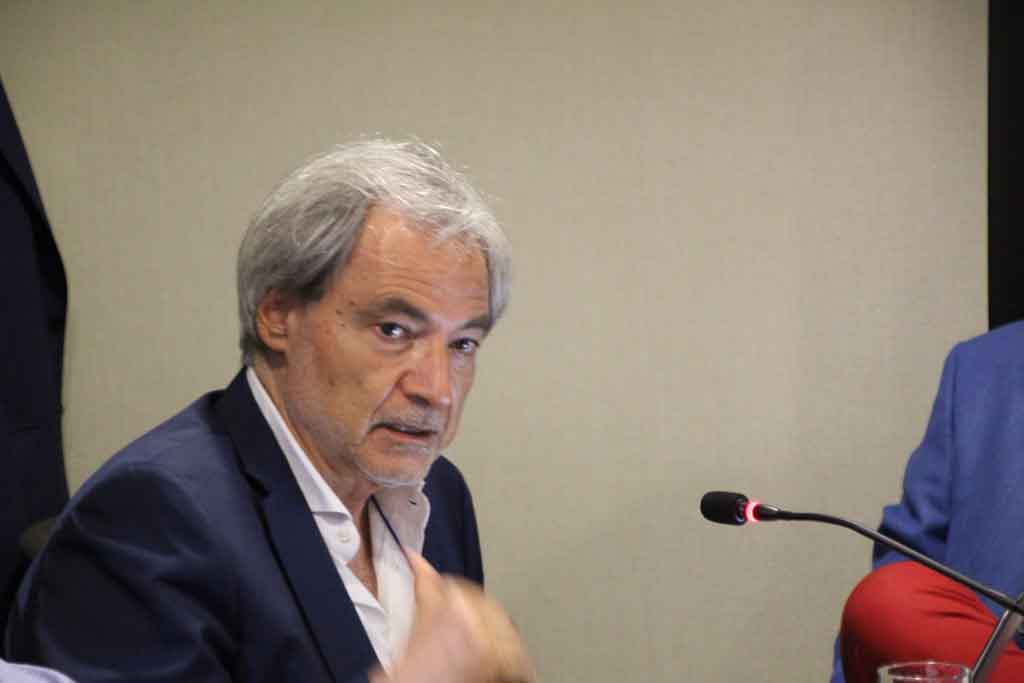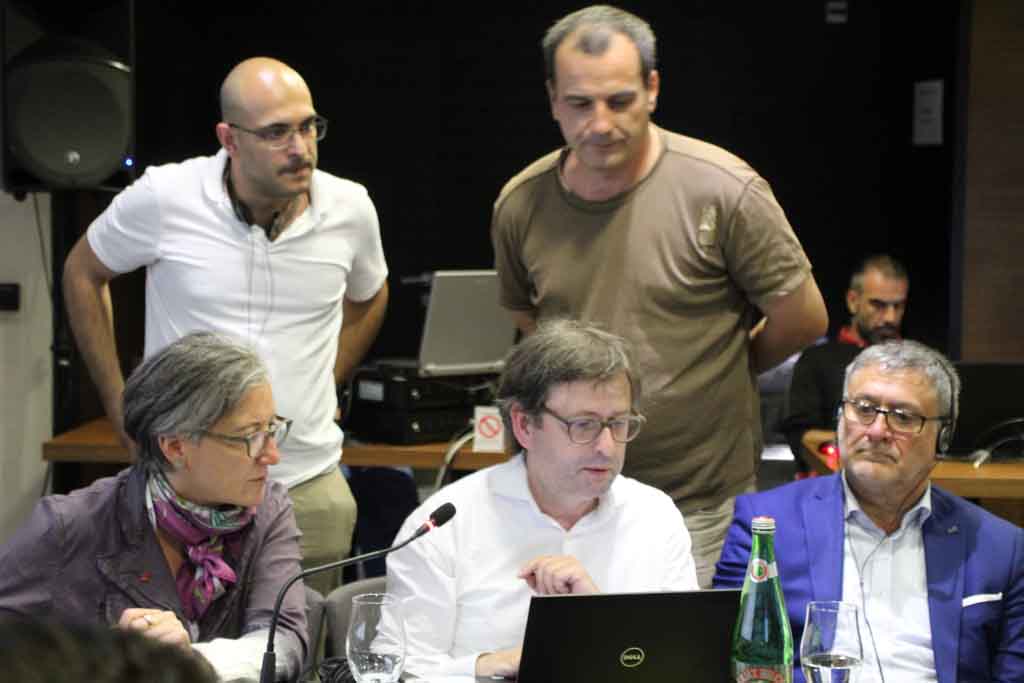BELGRADE
FIRST PLENARY SEMINAR
Belgrade, June 19th 20th 21st 2019
℅ Hotel Constantine the Great
Marta 12 27, Beograd 11000, Serbia
14,30: Registration of Participants, logistic-organizational-administrative information (Cristiano Hoffmann- Direttore Organizzazione / Rita Diotallevi-Amministratrice Fisac-Cgil Nazionale)
14,45: Welcome Intervention by SFOS, the national finance union in Serbia (Slobodan Mihailovic – Secretary for International Relations in SFOS)
15,00 Industrial relations, digital innovation and rights within the changing work
- State of play of the Project, its route, next steps and objectives.
(Including check of all participants’ availability for the next Plenaries dates) (Mario Ongaro- Europe Sector Manager in ISRF-LAB)
- Picture and framework of our 4.0 industry in Europe on the basis of the collected data and of the questionnaires analysis (Nicola Cicala- ISRF-LAB Manager)
16,00 Summary of the analysis about the EU Directives, according to the Project Steering Group meeting on last 2nd April (Prof. Filip Dorssemont- European Labour Right- Louvain University)
16,45 Reports by the trade-unions representatives from the new EU member states and accession countries on: relazioni Industrial relations and trade-union rights in their concerned countries, specifically focussing the main issues of the Project
(Hasan Shkalla from Albania, Svetomir Dichev and Nikolay Daskalov from Bulgaria, Sandor Toth from Hungary, William Portelli from Malta, Adrian Soare from Romania, Slobodan Mihailovic from Serbia, Svetozar Michalek from Slovakia, Tomaz Boltin from Slovenia)
18,00 The EWCs in the framework of the national rules, laws and practices in France, Spain, Italy and Belgium and of the relations with the national unions in the holding company home country: synthetic information by the concerned national unions reps
9,30 – 10,50 Fitness check of the employee involvement EU Directives
Analysis of the existing T.C.A. (Transnational Company Agreements) and of any relevant Collective Agreement (such as Italian National Collective Agreement, EWC Agreements, EWC Joint Declarations and at the EU Sectoral Social Dialogue level, etc.) from the point of view of their effectiveness and/or of their potential in terms of the EU legislation on the employee involvement. (Prof. Filip Dorssemont)
10,50 – 11,15 Fitness check of relevant cases of take-over/transfer of undertakings
Analysis of the case of Banco Popular taken over by Santander to check up to what extent in particular the 2001/23 Directive has been effectively implemented. (Susana Aranda Vazquez and Filip Dorssemont)
11,30- 13,15 Interactive Session. Participants’ feedback, interventions and debate about the results of 19th June session & exercise on a possible T.C.A. Model Agreement
We mean to finalise this interactive session to some proposals of possible models of T.C.A. (also in the framework of the Uni Europa Guidelines and policies) and discuss such models with the participants, according to a genuine training approach. In this respect we are not planning structured reports/presentations, but a free and deepened exchange of ideas and proposals involving the participants and the Project staff, in the light of Prof. Dorssemont’s and Nicola Cicala’s analysis, and where Uni Finance, with Angelo Di Cristo and Maureen Hick, is reporting its own experience and its own point of view.
15,00 – 16,30 Case study:
- Intesa SanPaolo: industrial plan, effects on jobs and employment by technological innovation and redeployment policies
- The “Protocol for Sustainable Development” in Intesa SanPaolo in 2017, in the light of this European Project issues (Sindacati Italian Unions in Intesa SanPaolo)
16,45 -18,00 Intesa SanPaolo unions in Italy, Serbia, Slovakia, Hungary, Slovenia, Albania: exchange of information and experiences
9,30 The changing work in the 4.0 development: Italian trade-union esperiences in our industry (Gabriele Poeta Paccati- Fisac-Cgil General Secretary in Milan and Daniele Quiriconi- Fisac-Cgil General Secretary in Tuscany)
10,10 ROUND TABLE COORDINATED BY MARIO ONGARO
- This European Project from the employers’ point of view and in the framework of Uni Europa Finance policies
- Possible contributions from this Project to the EU Banking Social Dialogue
- Jens Thau -European Banking Federation – Head of the Banking Committee for EU Social Affairs
- Angelo Di Cristo – Head of Uni Finance
- Maureen Hick – Uni Europa Finance Policy Officer
- William Portelli – EU Banking Social Dialogue Coordinator
- Adrian Soare – EU Banking Social Dialogue Uni Finance Working Group
- Claudio Cornelli – Fisac-Cgil National Secretary
12,25 The route of the Project in the outlook of its following dates and steps in 2019 and 2020: dates, commitments, timing of the work to be done, questioni organizational, logistic and administrative issues. (Megale, Ongaro, Cicala, Diotallevi)
12,40 Conclusive intervention (Claudio Cornelli, Fisac-Cgil National Secretary)


